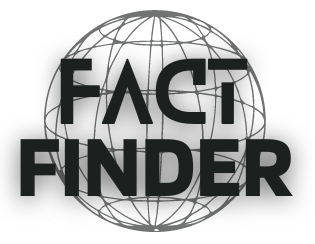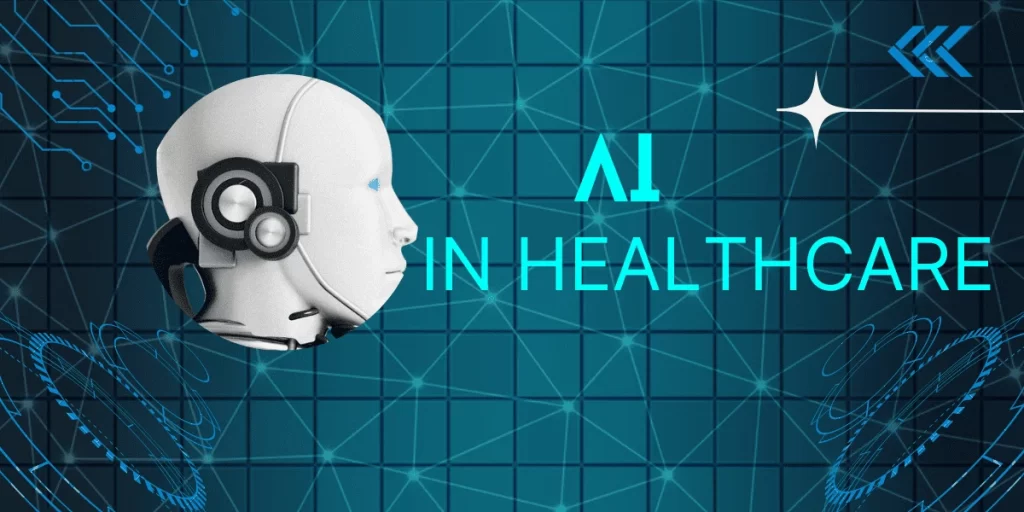In recent years, the healthcare industry has witnessed a transformative evolution propelled by the rapid advancements in Artificial Intelligence (AI) technology. From streamlining administrative tasks to enabling accurate diagnostics, AI tools are ushering in an era of unprecedented progress that holds the potential to revolutionize the way we approach healthcare. In this comprehensive article, we delve into the myriad ways AI tools are reshaping the healthcare landscape, enhancing patient care, optimizing processes, and paving the way for a brighter future.
1. Enhancing Diagnostic Accuracy
One of the most remarkable impacts of AI on healthcare is its ability to significantly enhance diagnostic accuracy. Traditional diagnostic methods sometimes fall short due to human error and limitations. However, AI-driven tools, such as machine learning algorithms, can analyze vast amounts of medical data with remarkable precision. This empowers healthcare professionals to make more accurate and timely diagnoses, leading to improved patient outcomes.
2. Personalized Treatment Plans
AI is enabling healthcare providers to create personalized treatment plans tailored to each patient’s unique medical profile. By analyzing a patient’s medical history, genetic information, and even lifestyle factors, AI algorithms can recommend the most effective treatment options. This not only increases the chances of successful treatment but also reduces the risk of adverse reactions.
3. Drug Discovery and Development
The discovery and development of new medications are notoriously time-consuming and expensive. AI is revolutionizing this process by expediting drug discovery through predictive analytics. AI algorithms can analyze vast databases of chemical compounds and predict their potential efficacy in treating specific diseases. This not only accelerates the drug development timeline but also holds the promise of discovering novel treatments for previously untreatable conditions.
4. Streamlining Administrative Tasks
Administrative tasks frequently consume a considerable percentage of healthcare practitioners’ time, diverting their attention away from patient care. AI-powered chatbots and virtual assistants are being employed to automate appointment scheduling, answer patient queries, and manage electronic health records. This streamlines administrative processes, allowing healthcare providers to allocate more time to direct patient care.
5. Remote Patient Monitoring
AI-driven wearable devices and remote monitoring solutions are transforming the way patients are monitored, especially those with chronic conditions. These devices can continuously collect and transmit data to healthcare providers, enabling timely intervention in case of any deviations from the norm. This proactive approach not only improves patient outcomes but also reduces the need for frequent in-person visits.
6. Predictive Analytics for Outbreaks
The world was reminded of the importance of early disease detection during the COVID-19 pandemic. AI proved invaluable in predicting disease outbreaks by analyzing global health data and identifying patterns that might indicate the emergence of a new epidemic. With AI-powered predictive analytics, healthcare organizations can take proactive measures to contain potential outbreaks and protect public health.
7. Enhancing Medical Imaging
Medical imaging is essential for diagnosis and treatment planning. AI algorithms have demonstrated exceptional capabilities in interpreting medical images, such as X-rays, MRIs, and CT scans. By quickly and accurately identifying anomalies, AI enhances radiologists’ efficiency and helps ensure that no critical details are overlooked.
8. Ethical Considerations and Future Directions
While the use of AI in healthcare has enormous potential, it also presents ethical problems.
Ensuring patient privacy, maintaining transparency in decision-making algorithms, and addressing potential biases are paramount. As the healthcare industry continues to embrace AI, ongoing collaboration between healthcare professionals, AI experts, and policymakers is essential to navigate these challenges successfully.
In conclusion, the healthcare industry is on the brink of a technological revolution fueled by AI tools. From elevating diagnostic accuracy and personalized treatment plans to expediting drug discovery and transforming administrative tasks, the impact of AI is profound and far-reaching. However, with great power comes great responsibility. Ethical considerations must guide the integration of AI to ensure that patients’ well-being remains at the forefront. As we venture into this AI-driven era, collaboration and innovation will be the keys to unlocking the full potential of AI in healthcare.
FAQs
While AI can enhance diagnostics and streamline processes, it cannot replace the expertise and empathy of healthcare professionals. AI tools work collaboratively with healthcare providers to improve patient care.
Protecting patient data is a top priority. AI tools adhere to strict privacy and security protocols to ensure patient information remains confidential.
AI analyzes vast datasets to predict potential drug candidates and their efficacy. This expedites the drug discovery process and opens doors to innovative treatments.
AI’s predictive analytics can identify patterns that might indicate disease outbreaks. While not infallible, AI tools offer valuable insights that aid in preparedness and response.
Ethical considerations, data privacy, and potential biases are challenges that need to be addressed when integrating AI into healthcare. Collaborative efforts are essential to navigate these complexities successfully.
AI analyzes patient data to create personalized treatment plans tailored to individual medical profiles. This leads to more effective treatment strategies and improved patient outcomes.







